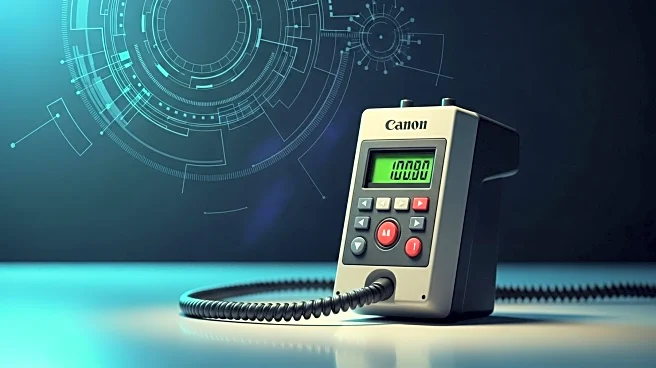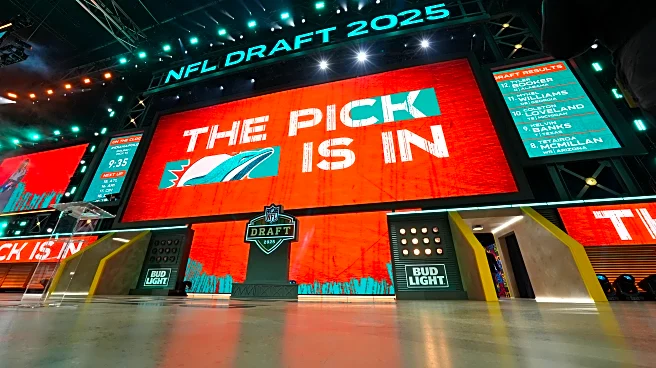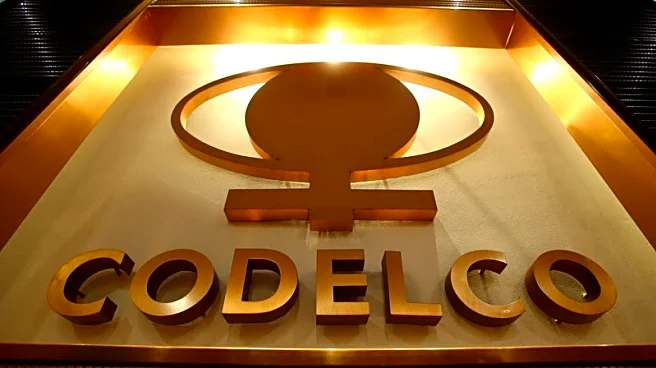What is the story about?
What's Happening?
United Nations nuclear inspectors have returned to Iran for the first time since a military conflict with Israel, according to statements from the head of the International Atomic Energy Agency (IAEA) and Iranian officials. This development follows a period of heightened tensions after Israel launched strikes on Iran's nuclear facilities in June, leading to a 12-day conflict. During this time, Iran accused the IAEA of providing Israel with a pretext for the attack by releasing a report that claimed Tehran was not complying with its obligations under the Nuclear Non-Proliferation Treaty. The return of inspectors comes despite an Iranian ban on cooperation with the agency, which was enacted in response to the strikes. The IAEA's Director General, Rafael Grossi, confirmed that inspectors were at the Bushehr nuclear power plant and expressed intentions to inspect other sites, including those affected by the conflict.
Why It's Important?
The return of UN inspectors to Iran is a significant step in international efforts to monitor and control nuclear proliferation. This move could potentially ease tensions between Iran and the international community, particularly the E3 countries—Germany, France, and the UK—which are considering reimposing UN sanctions on Iran. The snapback sanctions mechanism, part of the 2015 Iran nuclear deal, could be triggered if Iran continues to violate its nuclear obligations. The reintroduction of inspectors may also influence diplomatic negotiations aimed at reviving the nuclear deal, which has been in jeopardy since the United States withdrew from the agreement during President Trump's administration. The situation remains delicate, with Iran threatening severe consequences if sanctions are reimposed, including possibly withdrawing from the Nuclear Non-Proliferation Treaty.
What's Next?
The next steps involve potential diplomatic negotiations between Iran and the E3 countries to prevent the reimposition of sanctions. The snapback process, which takes 30 days, provides a window for Iran to engage in meaningful dialogue and allow comprehensive inspections of its nuclear facilities. The international community will be closely monitoring Iran's actions and responses during this period. Additionally, the IAEA will continue its inspections, which could influence the course of diplomatic efforts. The outcome of these negotiations and inspections will have significant implications for regional stability and global nuclear non-proliferation efforts.
Beyond the Headlines
The return of inspectors highlights the complex interplay between international diplomacy and regional security dynamics. The situation underscores the challenges of enforcing nuclear agreements and the potential for geopolitical conflicts to disrupt diplomatic progress. The involvement of multiple international actors, including the United States and European countries, reflects the global stakes in ensuring nuclear non-proliferation and maintaining regional peace.

















